#Richard Rush
Explore tagged Tumblr posts
Text



#steve railsback#peter o'toole#the stunt man#richard rush#filmedit#filmgifs#moviegifs#tw flashing#*erm
29 notes
·
View notes
Text
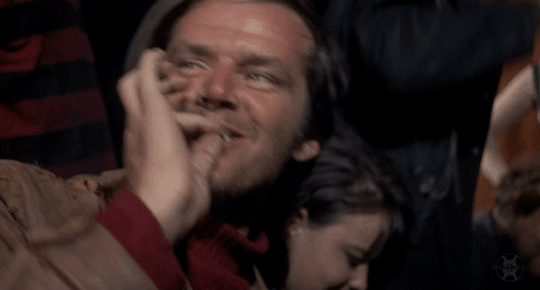
#jack nicholson#happy birthday Jack Nicholson#gif#hells angels on wheels#bikersploitation#Richard rush#grindhousecellar
48 notes
·
View notes
Text

Affiche du film de Richard Rush, "Thunder Alley" (American International, 1967) - Source Heritage Auctions.
7 notes
·
View notes
Text

Lance Henriksen-Lesley Ann Warren "El color de la noche" (Color of night) 1994, de Richard Rush.
7 notes
·
View notes
Text

Color of Night directed by Richard Rush
26 notes
·
View notes
Text


Psych-Out (1968)
#psych-out#susan strasberg#jack nicholson#dean stockwell#aip#1960s movies#drama#exploitation#drugsploitation#richard rush#movie posters
112 notes
·
View notes
Text








youtube
Of Love and Desire (1963)
B-movie giants John Agar, Steve Brodie and Steve Cochran all appear in one of the first movies ever directed by Richard Rush.
8 notes
·
View notes
Text
youtube
Hells Angels On Wheels (1967)
🎬 Richard Rush
7 notes
·
View notes
Text


POT as Eli Cross in The Stunt Man (1980)
"In 22 seconds, I could break your fucking spine. In 22 seconds, I could pinch your head off like a fucking insect and spin it all over the fucking pavement."
#british actors#british cinema#classic cinema#peter o'toole#actor#1980s#1980#Richard Rush#thestuntman#SoundCloud
2 notes
·
View notes
Text


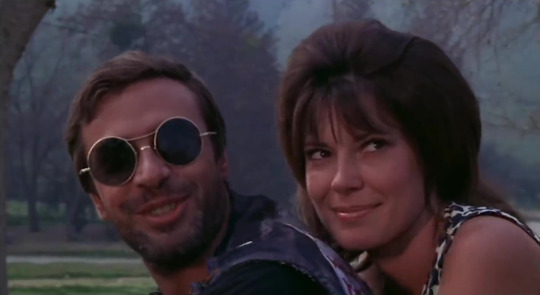
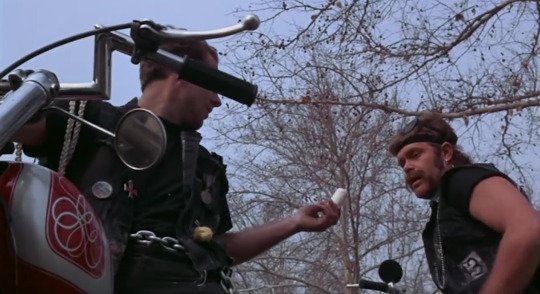
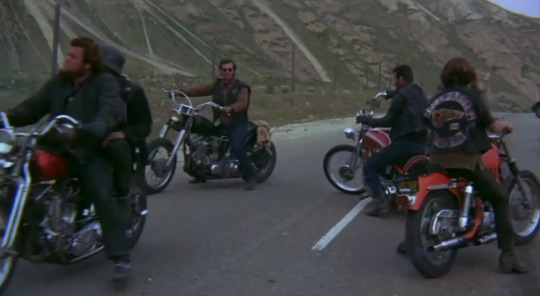
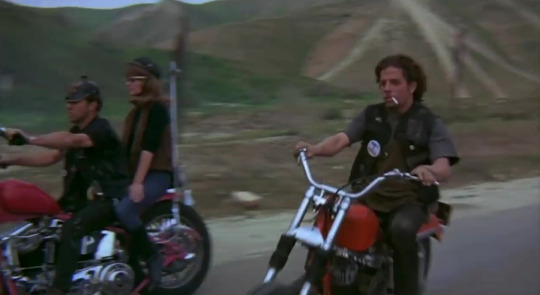
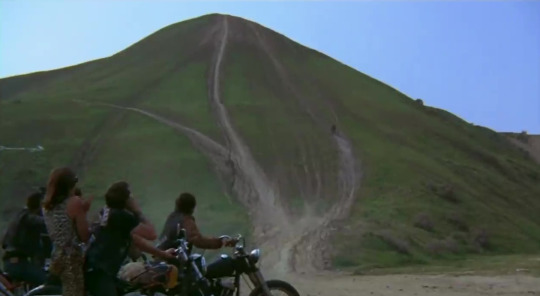
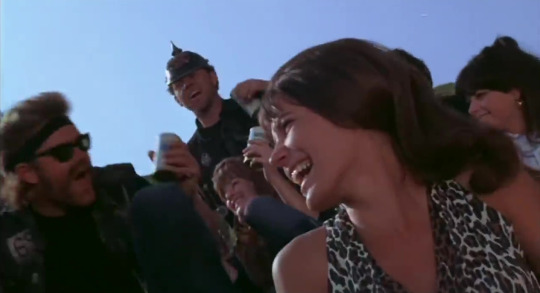

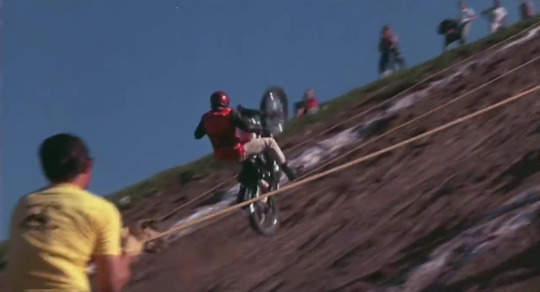
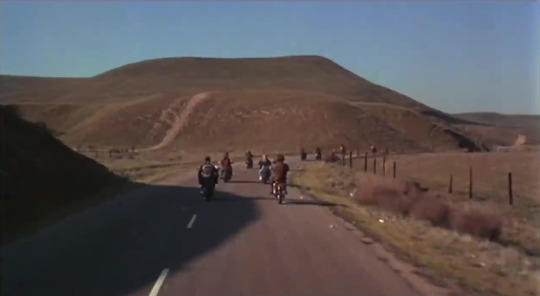
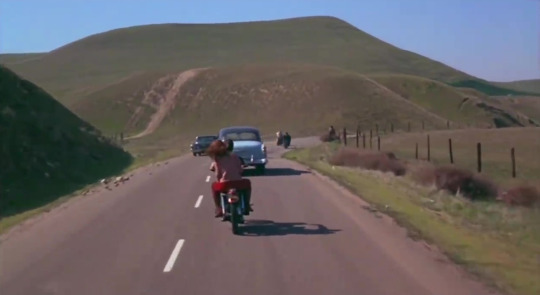
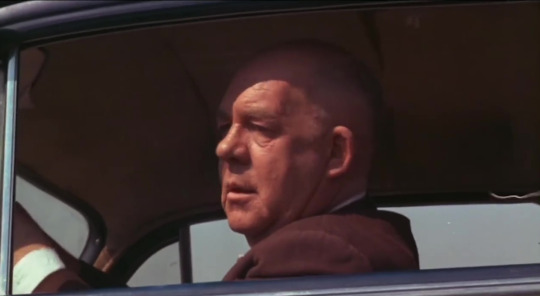
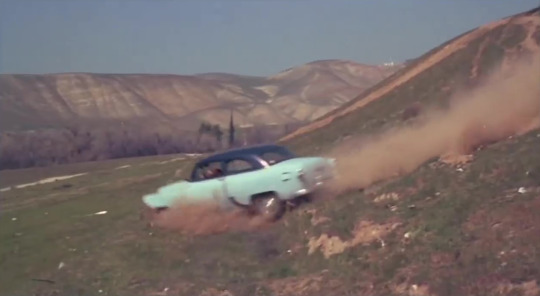
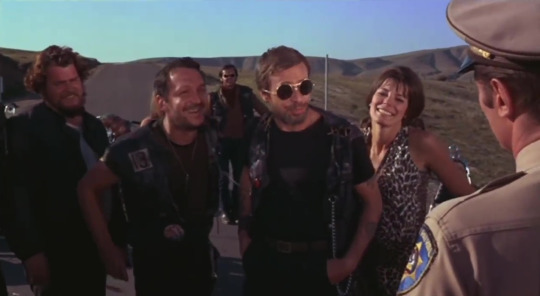
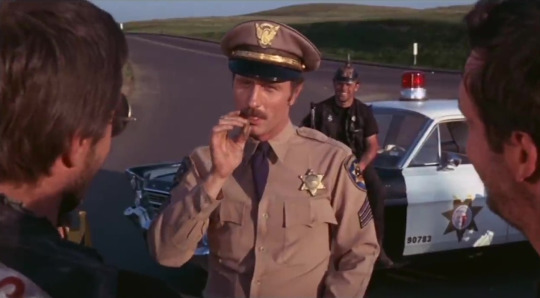
#hells angels on wheels#richard rush#1967#jack nicholson#adam roarke#mimi machu#sabrina scharf#easy rider#stone#badlands#hell's angels#wings#shining#chinatown#les liens de sang#the lawnmower man#schultze gets the blues#fitzcarraldo#aguirre the wrath of god#material#buw#obst & gemüse oder der kunde ist könig#ostlicht#tilt#produktionsbedingungen#film in deutschland#about photography#private photographs#unpublished#nie lubię poniedziałku
5 notes
·
View notes
Text
William Pitt's sleeping habits
I always found the private Pitt much more interesting than the political Pitt and probably one of the first aspects to really capture my attention about Pitt’s private life were his sleeping habits. I find sleep to be utterly fascinating, both from a medical/biological point of view but also from a personal point of view. And while Pitt’s sleep habits were nothing unheard of, there still were some peculiarities.
Pitt often was happy to get out of London, even if only for a short time, and to enjoy some peace and quiet in the country. Holwood House was a dearly beloved retreat of his. This desire to be out of the bustling city of London also extended to Pitt’s sleeping arrangements. William Wilberforce later wrote:
In the spring of one of these years Mr. Pitt, who was remarkably fond of sleeping in the country, and would often go out of town for that purpose as late as eleven or twelve o'clock at night, slept at Wimbledon for two or three months together. It was, I believe, rather at a later period that he often used to sleep also at Mr. Robert Smith’s house at Hamstead.
A. M. Wilberforce, editor, Private Papers of William Wilberforce, T. Fisher Unwin, London, 1897, p. 49.
Wimbledon was Wilberforce’s villa – he was one of the few of Pitt’s friends at the time to actually own a house.
But a country house was not the only place where Pitt could fall asleep, far from it. Although being Prime Minister is an important and dignified position, Pitt would often fall asleep in the House of Commons itself. Richard Rush, son of Benjamin Rush, American physician, and signer of the Declaration of Independence, was the American Minister to the court of St. James. In his papers he retells this story of a conversation he had once during a dinner:
He [William Wilberforce] spoke of Mr Pitt. They had been at school together. He was remarkable, he said, for excelling in mathematics; there was also this peculiarity in his constitution, that he required a great deal of sleep, seldom being able to do with less than ten or eleven hours; he would often drop asleep in the House of Commons; once he had known him do so at seven in the evening and sleep until day-light.
Richard Rush, Residence at the Court of London, third Edition, Hamilton, Adams & Co, London, 1872, p. 175
We can further read in the diaries of Charles Abbot:
March 17, 1796.—Dined at Butt’s with the Solicitor-General and Lord Muncaster. Lord Muncaster was an early political friend of Mr. Pitt, and our conversation turned much upon his habits of life. Pitt transacts the business of all departments except Lord Grenville’s and Dundas’s. He requires eight or ten hours’ sleep.
Earl Stanhope, The Life of the Right Honourable William Pitt, Vol. 3, John Murray, London, 1862, p. 4.
When you, for example read through Wilberforce’s diaries and journals, you will see many instances where he mentions that he either got no sleep at all or only slept very poorly. It was different with Pitt. When he was asleep, he normally could sleep on with neither internal nor external factors disturbing him. His ability to sleep on was apparently so outstanding that many of his contemporaries, Bishop Tomline and William Wilberforce for example, found it worthwhile to mention the few times that something disturbed Pitt’s sleep:
This was the only event of a public nature which I [Bishop Tomline] ever knew disturb Mr. Pitt’s rest while he continued in good health. Lord Temple’s resignation was determined upon at a late hour in the evening of the 21st, and when I went into Mr. Pitt’s bedroom the next morning he told me that he had not had a moment’s sleep.
Earl Stanhope, The Life of the Right Honourable William Pitt, Vol. 1, John Murray, London, 1861, p. 158.
The context of this scene was the resignation of Lord Temple as Secretary of State shortly after accepting the office. Pitt had really wanted Temple to be Secretary of State and was rather dismayed that he had resigned so quickly.
There were indeed but two events in the public life of Mr. Pitt, which were able to disturb his sleep—the mutiny at the Nore, and the first open opposition of Mr. Wilberforce; and he himself shared largely in these painful feelings.
R. I. Wilberforce, S. Wilberforce, The Life of William Wilberforce, Vol. 2, John Murray, London, 1833, p. 71.
Pitt himself told Lord Fitzharris that there was only one event that had kept him awake at night:
Lord Fitzharris says in his note-book:—‘‘One day in November, 1805, I happened to dine with Pitt, and Trafalgar was naturally the engrossing subject of our conversation. I shall never forget the eloquent manner in which he described his conflicting feelings when roused A the night to read Collingwood’s despatches. He observed that he had been called up at various hours in his eventful life by the arrival of news of various hues; but whether good or bad, he could always lay his head on his pillow and sink into sound, sleep again. On this occasion, however, the great event announced brought with it so much to weep over as well as to rejoice at, that he could not calm his thoughts; but at length got up, though it was three in the morning.”
Earl Stanhope, The Life of the Right Honourable William Pitt, Vol. 4, John Murray, London, 1862, p. 334.
The more you read about Pitt, especially in the private papers of his contemporaries and intimate friends, the more you see accounts of how often somebody mentions that he either roused him from his sleep him or found him to be still asleep/in bed. When Addington told Pitt that the Kings health was steadily mending – he was asleep. When the news of Trafalgar reached him – he was asleep. There is one letter from Admiral Nelson to Emma Hamilton. In it he describes that he had wanted to meet with William Pitt but when he arrived at his accommodation, he was told that Pitt was still asleep.
The older he got, the more sleep Pitt seemed to require and during his last illness, his ability to sleep was greatly impaired. Still, at the end of the day, his sleeping habits can be summed up by this quote from his niece Lady Hester Stanhope:
(…) for he was a good sleeper
Charles Lewis Meryon, Memoirs of the Lady Hester Stanhope, As related by Herself in Conversations with her Physician, Volume 2, Second Edition, London, 1845, p.58.
#william pitt#william pitt the younger#william wilberforce#sleep#lady hester stanhope#charles lewis meryon#bishop tomline#richard rush#english history#benjamin rush#lord temple#lord fitzharris#charles abbot#earl stanhope#admiral nelson#henry addington
21 notes
·
View notes
Text


#cameron is in full-on happy puppy mode here 🥹#barbara hershey#steve railsback#the stunt man#richard rush#filmedit#filmgifs#*erm
9 notes
·
View notes
Text
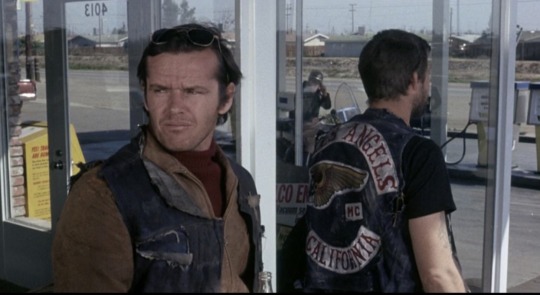
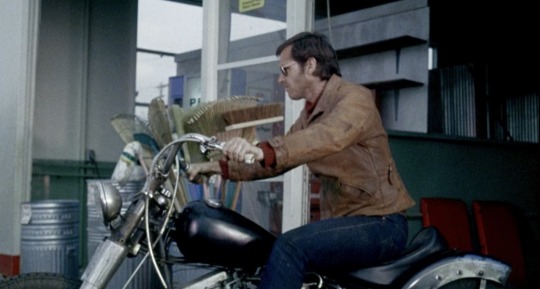
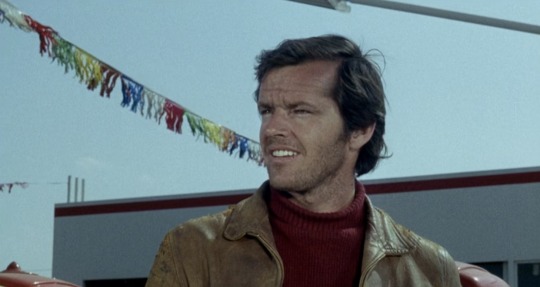
#jack nicholson#hells angels on wheels#biker movies#bikersploitation#Richard rush#motorcycle#hells angels#grindhousecellar
43 notes
·
View notes
Text

Annette Funicello-Warren Berlinger "Curva peligrosa" (Thunder alley) 1967, de Richard Rush.
5 notes
·
View notes
Text
Hey sorry but um. That director. The one who you think wants to kill you. Yeah. He wants you to drive off a bridge into a lake. And he might steal your girl. Yeah sorry about that.
2 notes
·
View notes
